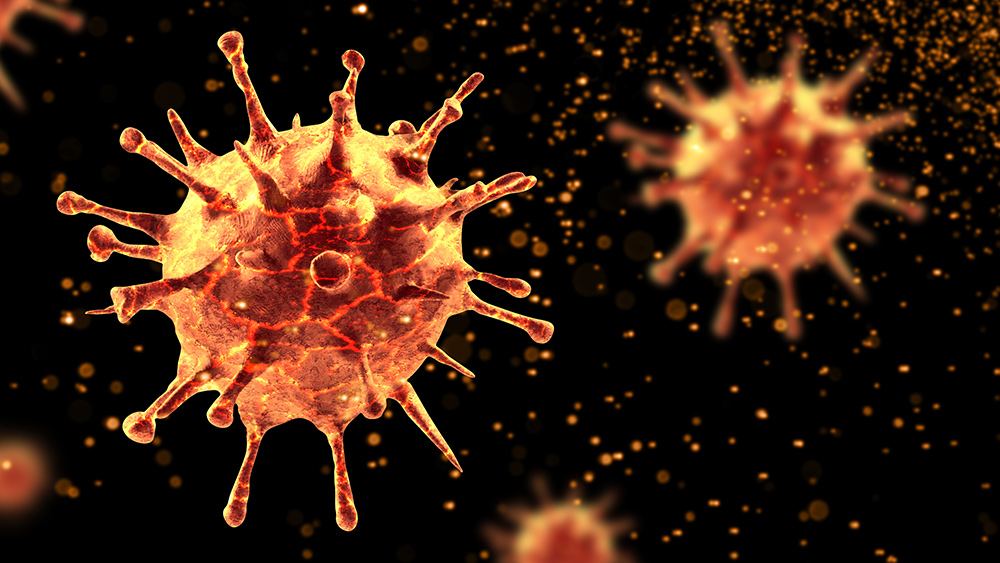
Advertisement
Many Indonesians are now soaking up the sun, in hopes that it can keep coronavirus (COVID-19) at bay. These days, it’s a common sight to see soldiers, seniors and teens have been seen all over the archipelagic country sunbathing in the street, in backyards, in empty soccer fields and tennis courts and in any other place they can think of.
The trend took off after scientists from the United States published their research detailing how they believed sunlight can destroy the coronavirus. The rush to get out has even led the Indonesian government to warn about the dangers of skin cancer, asking those looking to sunbathe to protect themselves from too much exposure.
While doctors are still on the fence on the effectivity of sunlight in destroying the virus, they agree that getting at least 15 minutes of morning sunshine has its benefits.
“Exposing the body to direct sunlight is good to get vitamin D,” explained Dirga Sakti Rambe, a physician at Jakarta’s OMNI Pulomas Hospital.
Initial studies on vitamin D have found that it can boost the body’s immune system and even protect against respiratory infections.
Getting a daily dose of sunshine
Residents of the country’s densely packed urban cities are flocking to whatever open areas they can find – from graveyards to commuter train tracks – to catch some unobstructed sunlight. Hijab-wearing women have been seen rolling up their sleeves and pants next to shirtless teens and men, and military and police units have incorporated “suntan sessions” into their morning exercise routines.
“Sunlight can’t directly kill coronavirus, but it can boost the immune system and stop you from getting it,” said Nabillah Ayu, a 22-year old who lives on the outskirts of Jakarta. She has started doing a daily sunbathing routine that starts at around 10 a.m.
“I’m already taking a lot of medicines anyway,” said Wadianto Wadito, a 65-year old who suffers from diabetes and heart disease. “So now I’m sunbathing to get all my vitamins without taking more pills.”
The science behind the sunbathing craze
A preliminary study by the National Biodefense Analysis and Countermeasures Center (NBACC) – a biodefense research lab under the Department of Homeland Security (DHS) – revealed that the coronavirus dies out more quickly in a tropical climate, thanks to hot, humid weather.
William Bryan, head of science and technology at DHS, recently told White House reporters that an increase in temperature and humidity potentially creates a condition that is “generally less favorable to the virus.”
“If you look as the temperature increases, as the humidity increases, no sun involved, you can see how drastically the half-life goes down on the virus. So it’s dying in a much more rapid pace [with] just exposure to higher temperatures and to humidity,” he added. In particular, the coronavirus is destroyed more quickly in sunlight than in the dark because of ultraviolet (UV) light.
Multiple studies have shown that natural UV light from the sun can destroy harmful bacteria on the skin, as well as viruses and other microbes. In fact, hospitals have been using artificial UV light to clean surfaces and disinfect rooms where COVID-19 patients were treated.
Despite these promising results, health officials have warned against easing lockdown measures too soon, as this can lead to a resurgence of infections when the colder weather kicks in.
“If by that time we have put into place all of the countermeasures that you need to address this, we should do reasonably well,” Fauci said in an interview. “If we don’t do that successfully, we could be in for a bad fall and a bad winter.”
Sources include:
Advertisement
Advertisements
















